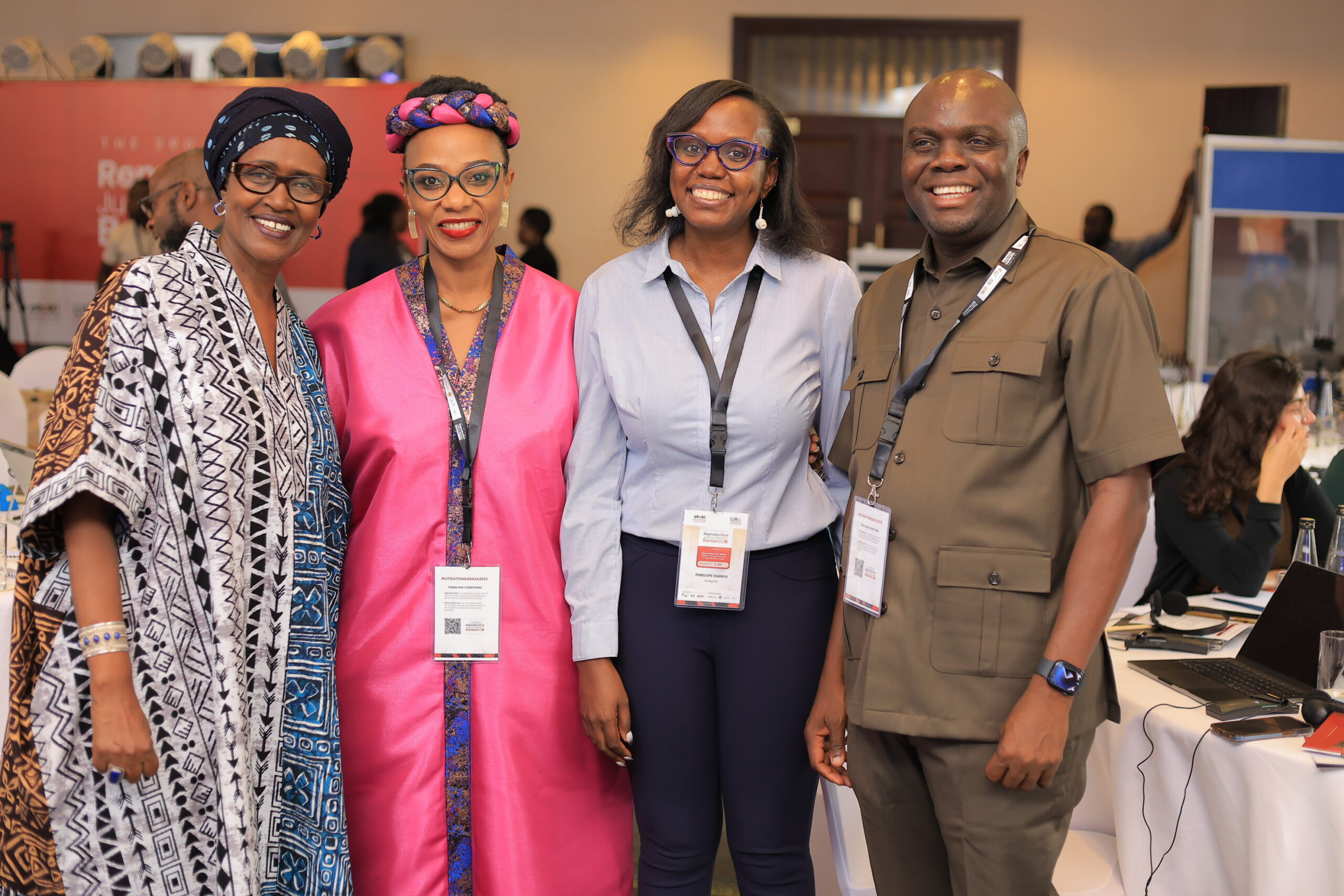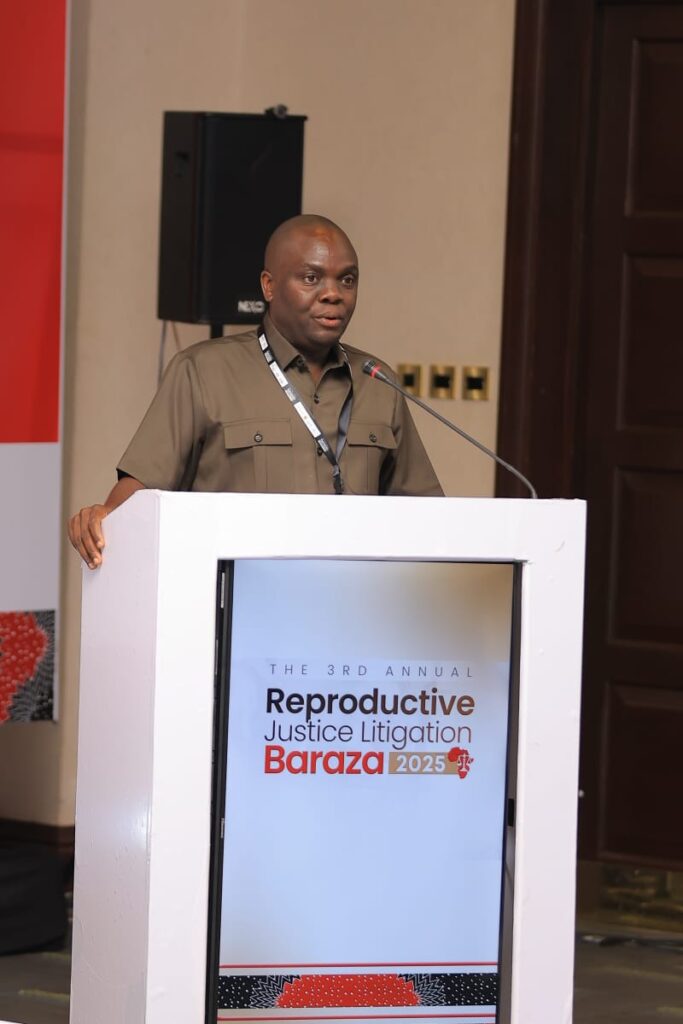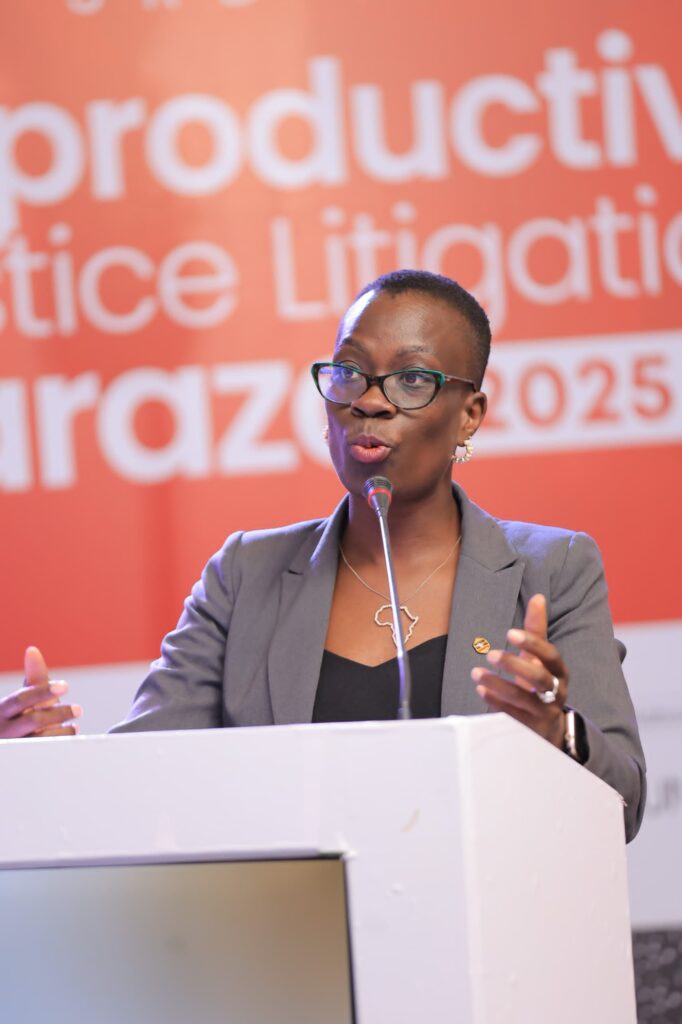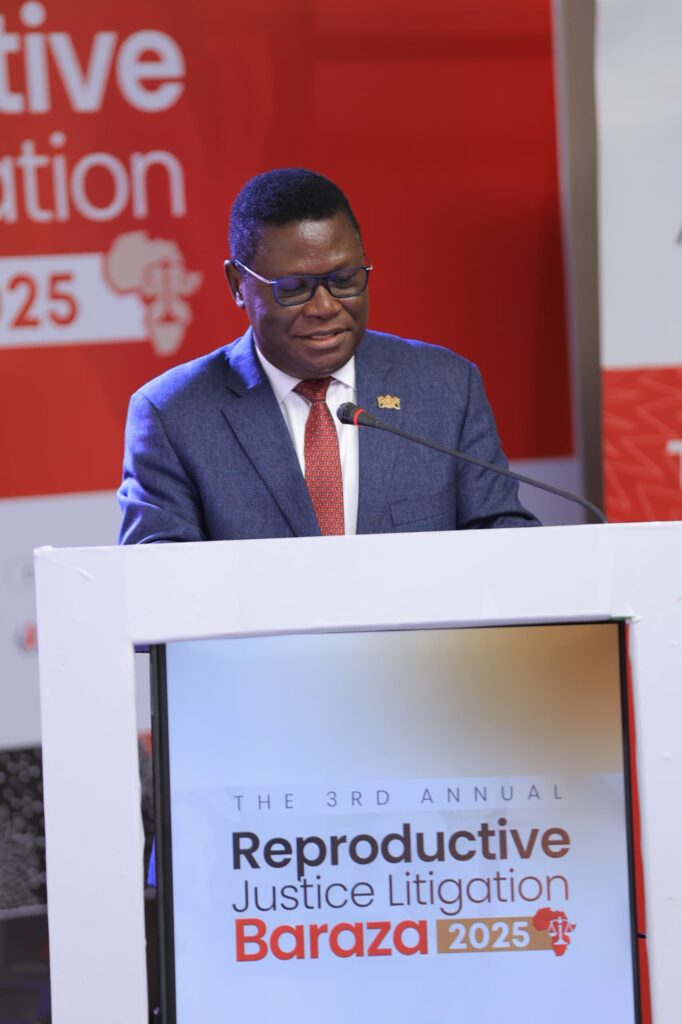
 Mama FM
Mama FM

 Mama FM
Mama FM
9 August 2025, 2:01 pm

By Byamukama Alozious
During the 3rd Annual Reproductive Justice Litigation Baraza 2025, health advocates stated that restrictive laws rooted in colonial history continue to expose women and girls across Africa to criminal prosecution for seeking reproductive health services—a trend that legal experts and activists say undermines decades of progress in health and human rights.
The Baraza, held from 5 to 8 August 2025 in Kampala, brought together advocates, lawyers, policymakers, and international experts to address the growing criminalisation of reproductive choices. Delegates warned that punitive policies—especially those targeting abortion—are imprisoning thousands of women rather than providing them with life-saving healthcare.
Many of these laws, still embedded in African legal systems, are being reinforced by what participants described as a “coordinated anti-rights agenda” masquerading as cultural preservation. They cited the proposed African Union Charter on African Values as a potential legal tool for restricting access to safe abortion and further entrenching gender inequality.
“Incarceration for reproductive health decisions is not just a legal issue; it is a profound injustice,” said Mutumba Moses, Director General of Afya na Haki. “We need to address the root causes that lead women into prisons, rather than simply punishing them.”
On the African continent, in Senegal, 11% of the prison population is incarcerated for reproductive offences, while in Rwanda, dozens of young women, mostly under 25, remain behind bars on abortion-related charges. In Uganda, healthcare workers offering post-abortion care risk arrest, creating an atmosphere of fear that undermines service delivery. Additionally, international policies such as the “Mexico City Policy” have disrupted funding for sexual and reproductive health programmes in Sub-Saharan Africa, reducing access to contraception and safe abortion services.
Dr Brenda Akia, Vice Chair of the UN CEDAW Committee, urged advocacy rooted in lived realities: “While frameworks like the Maputo Protocol show progress, the actual situation remains dire, especially with ongoing funding cuts to sexual and reproductive health.”

While HIV was not the primary focus, the Baraza also examined how inequalities in law and policy fuel the epidemic. Winnie Byanyima, Executive Director of UNAIDS, warned that “inequalities drive the HIV epidemic; when people’s rights are denied, they become more vulnerable to infection and death.”
On the government side, the Minister of Justice and Constitutional Affairs, Norbert Mao, pledged to champion policy reforms that align reproductive health laws with human rights standards. He said his ministry would work closely with Baraza participants to develop actionable proposals, announcing plans to host a brainstorming meeting in his office with members to map out the next steps. Mao stressed that such collaboration was vital to “move this agenda from discussion to action.”
